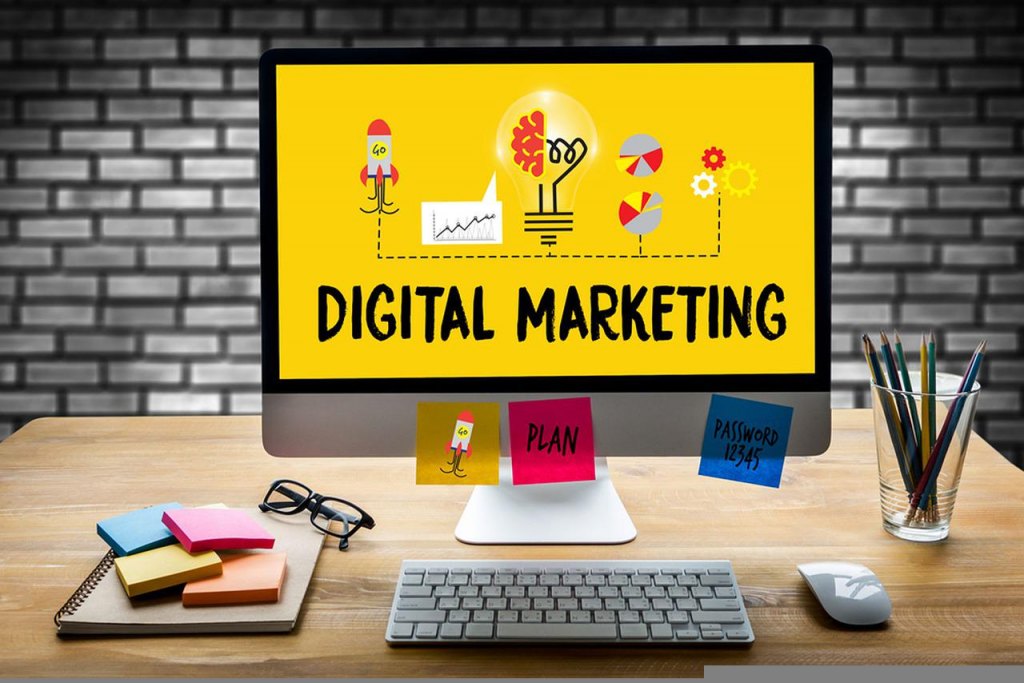
Source: pixabay
Research and consulting firm, Markets and Markets, published an industry report on the global marketing cloud platform market. Analysts estimate the market to grow from $11.7 billion in 2022 to $17.8 billion by 2027 at a CAGR of 8.7% during the forecast period.
The report cites several factors that are driving the demand for marketing cloud platforms. One is the increasing adoption of digital, cloud-based solutions for marketing. Marketers are using marketing cloud platforms to keep track of customer data. The timely collection of data is crucial to crafting personalized customer experiences.
Another factor is the growing awareness of businesses about the benefits of artificial intelligence for digital marketing. Top marketing analytics software products include AI-powered features that aid marketers in deriving insights from their customer data. Marketers can use these data-driven insights for planning marketing strategies, targeting, or checking KPIs to see if team goals are being met.
A growing number of SMEs using marketing software is also pushing the growth of the marketing cloud platform market. In particular, SMEs are looking for omnichannel features that can help them meet and serve customers at their preferred digital channels.
Meanwhile, vendors can see opportunities in the market by implementing augmented reality and virtual reality into their marketing software. AR and VR are technologies that can provide better digital experiences of products and services to customers; thus vendors that integrate these capabilities into their products could attract clients who are early adopters of the technology.
How Marketing Cloud Platforms Enable Business Growth of SMEs
The business landscape is moving toward online processes, so even small businesses rely on digital tools for their operations.
However, not all SMEs are able to shoulder the cost and complexity of purchasing servers and maintaining IT systems. Even so, many of them want to use technology to improve customer journeys.
Customer journeys seem simple: a company markets a product or service and customers buy it. But things get complicated once you factor in multiple customer touchpoints such as websites, email, messaging apps, etc. Also, there’s a huge amount of data generated from each customer. This complex digital reality makes it hard to ensure a great customer experience.
If SMEs want to grow, they must put customer experience at the center of their operations. Customer retention statistics reveal that only 40% of consumers would consider doing business with a company that has a poor customer experience. On the other hand, 89% of customers would purchase from the same company again after a good experience.
Cloud-based services and apps help small businesses overcome the financial, technical, and staffing obstacles connected to setting up IT systems. Marketing cloud platforms, in particular, aid in managing customer experience.
As we learned from the report, SMEs are becoming a significant end-user segment in the marketing cloud platform market. They want to leverage features such as omnichannel, AI, and data analytics to improve customer journeys. Marketing cloud platforms can provide these capabilities at more affordable, pay-as-you-use subscription plans. As a result, SMEs turn to cloud-based marketing software to help them in their marketing efforts without breaking the bank.
Omnichannel, AI, and big data analytics work together in addressing the common marketing pain points of small businesses. For example, marketers who use an omnichannel strategy see a 250% increase in customer engagement compared to those using single-channel marketing.
Meanwhile, AI runs automated processes and is essential in conducting customer segmentation. AI-based customer segmentation can improve customer engagement and personalization, which have a direct impact on sales, customer retention, and customer loyalty.






















Leave a comment!